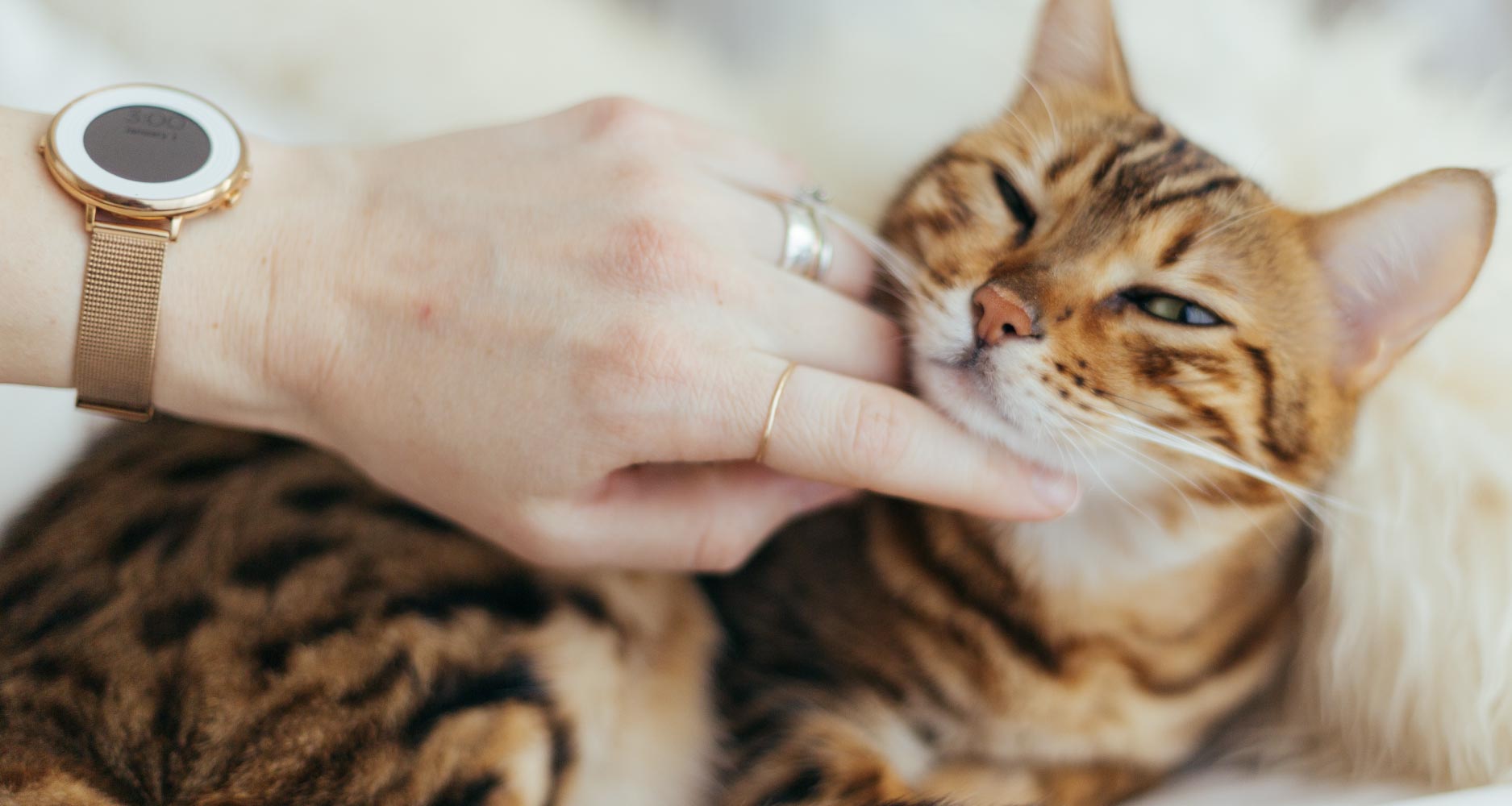HEALTH & WELLNESS

VOTING BOOTH

TRENDING

LIONS FOUNDATION OF CANADA DOG GUIDES
Lions Foundation of Canada Dog Guides and its founding program, Canine Vision Canada, was established in 1983. It’s the largest school of its kind in Canada with its training school in Oakville and breeding facility in Breslau.
TAKING CARE OF YOUR CAT’S HEALTH

Some cat owners might wonder when their pets need a visit to the veterinary clinic. After all, many of them only go when it’s an emergency – but that’s not enough.
In fact, once a year, every year, your cat(s) should see a veterinarian for a full checkup and all the necessary vaccinations for his or her age and your geographical environment.
If your cat is sick, injured or behaving strangely (uncharacteristically lethargic, struggling to breathe, not eating or drinking water, etc.) then make an appointment with your veterinarian immediately.
Top Routine Healthcare Checks / Safety Measures:
- Reduce stress (limit noise and harassment by other cats/animals; offer retreats)
- Check your cat for any ear discharge
- Attend to your cat’s dental care
- Feel for external lumps on your cat
- Keep your cat trim and in shape with a veterinary-approved diet
- Groom long-haired cats
- Have your cat neutered/spayed
- Treat your cat for fleas with a veterinary-prescribed product
- Have your cat vaccinated
FLEAS & TICKS
It is important to frequently inspect your cat for ticks and fleas, especially from early spring to fall.
If you notice a problem, there are various tick and flea control products available.
One of the very effective options is to use a product that keeps cats tick and flea-free for the whole season. Talk to your veterinary healthcare team to choose the best solution for your cat.
VACCINATIONS
At first, kittens get natural immunity benefits from their mother’s milk, but vaccinations will need to be given for when this wears off.
Taking care of your kitten’s health is very important, especially in the early days (typically 8 – 9 and 11 – 12 weeks of age) when life-threatening diseases are lurking.
A vaccine, is generally recommended for protection against the following diseases:
- Feline Respiratory Disease
- Feline Leukemia Virus
- Feline Infectious Enteritis (AKA Panleukopenia or Feline Parvovirus)
You can also consider vaccinations to protect against rabies, Chlamydia and Bordetella. Ask your veterinarian which vaccinations, and treatments are recommended for your cat’s lifestyle and geographical environment.
Once your kitten has had his or her final booster vaccine, it’s time to stay indoors (and away from other cats) for a while.
REMEMBER: Take your cat for regular booster vaccines throughout their lifetime. Note the dates in your regular or digital diary/calendar. Also keep your cat’s vaccination certificate(s) handy, but safe, and up to date. A cattery will require this document, should you need their services.
MEDICINES & POISONS
Cats should not eat or have access to any of the following:
Xylitol | Alcohol | Onions & Garlic | Coffee, Tea & Other Caffeine | Grapes & Raisins | Milk & Other Dairy Products | Chocolate | Fat Trimmings & Bones (Raw or Cooked) | Raw Meat & Fish | Too Many Cat Snacks | Sugary Foods & Drinks | Yeast Dough | Human Medicine | Baking Ingredients & Spices | Candy & Gum | Dog Food | Liver | Tuna Only or in Excess | Lilies
Only give your cat medicine that has been prescribed by a qualified, certified veterinarian and keep rodent, insect and other poisons in a safe place, always out of reach. If, for any reason, you think your cat might have ingested any poisonous substance, call your veterinarian immediately.
WORMS
Be sure to deworm kittens as often as necessary (usually against roundworm every two weeks from 6 – 16 weeks old).
The age and weight of the kitten will determine which product you should use. It is important to treat your kitten during the early stages of life and maintain these treatments into their adult years. If you have concerns about treating your kitten or cats for parasites, contact your veterinarian.
Tapeworms, caught from fleas, look like grains of rice and can be seen in excrement. Another reason why buying a quality veterinary-approved flea and tick control product is so important.
SPAYING & NEUTERING
Besides the fact that there are already so many unwanted kittens, and eventually unwanted cats, there are certain health and lifestyle reasons why spaying and neutering cats is often the best decision.
- Recovery is almost always rapid.
- Every three weeks females “go into heat” (sexually active and fertile)
- Females “in heat” are restless, often meow loudly and appear to be in pain
- Recurrent heats can cause distress, while drugs to suppress it can have side effects
- Spaying prevents womb infections later in life and reduces the risk of breast cancer
- The procedure can be safely performed at around 5 – 6 months of age (or earlier/later)
- There’s no need or benefit for a cat to have a litter before being spayed
- Male cats that are not neutered are more likely to spray in the house and display aggressive behaviour
- Male cats should be neutered at 5 – 6 months to reduce the risk of
contracting an incurable infectious disease such as feline immunodeficiency virus (FIV)” (contracted during fights with other cats)
Related Articles








